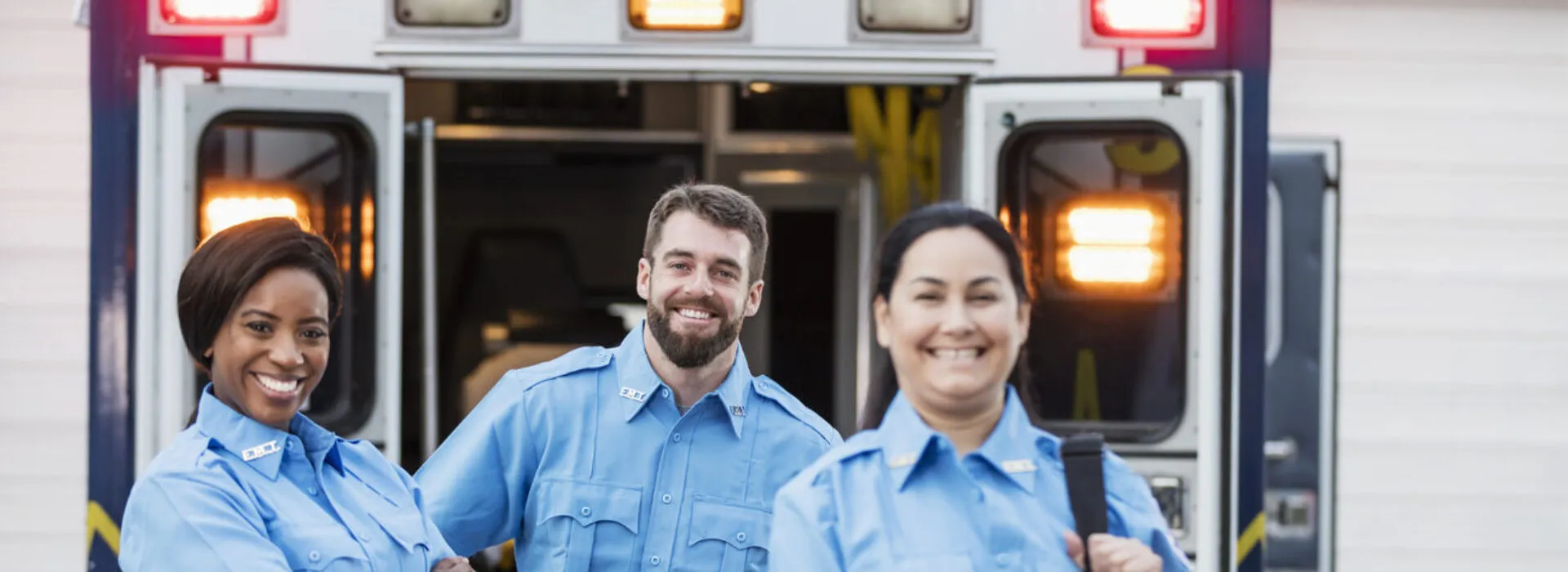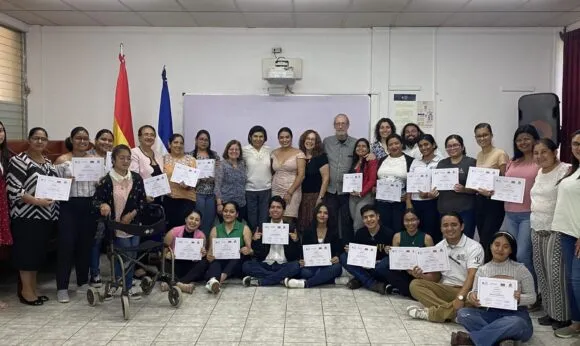
Emergency Preparedness and Response (EPR)
Building Capacity in Emergency Preparedness and Response with Family Partners for Children with Complex Needs in Pennsylvania
In Pennsylvania, the EPR project is strengthening the family caregivers of children with complex health and social needs and the pediatric first responders who serve them.
- Impact Areas:
- Public Health & Safety
Impact
The primary aim of the EPR project is to strengthen the family caregivers of children with complex health and social needs and the pediatric Emergency Medical Services (EMS) responders in Pennsylvania.
Achievements
- Developed a comprehensive resource toolkit and conducts a co-led (family leaders and EMS) community training for these groups to learn together on improving emergency preparedness and response for children with complex health and social needs, using a training-of-trainers model.
- Built on existing private- and public-sector strategic partnerships among family-led organizations, EMS, public health, and government partners across Pennsylvania, guided by an advisory board of field leaders from across the state.
Key Partners
Convergent partnerships are at the heart of what we do. We are proud to partner with federal and state agencies, non-profit and advocacy organizations, philanthropic institutions, and universities to elevate social work leadership and to create equitable health and mental health care systems for all.
PREPARE – Partners In Pediatric Readiness, Emergency Preparedness, and Response Education Toolkit and Training
This virtual training brings together families and pediatric emergency care coordinators to learn from each other, build trust, and practice real-life skills during an emergency.
The PREPaRE Training and Companion Toolkit were co-developed with cross-sector key partners serving Pennsylvania. Visit the Parent Education and Advocacy Leadership (PEAL) Center’s emergency preparedness webpage for all training videos and toolkit materials.
This project is supported by HRSA of the U.S. Department of Health and Human Services (HHS) under grant number G31MC42488‐01‐00, Emerging Issues in Maternal and Child Health, $250,000. This information or content and conclusions are those of the authors and should not be construed as the official position or policy of, nor should any endorsements be inferred by HRSA, HHS or the U.S. Government.




